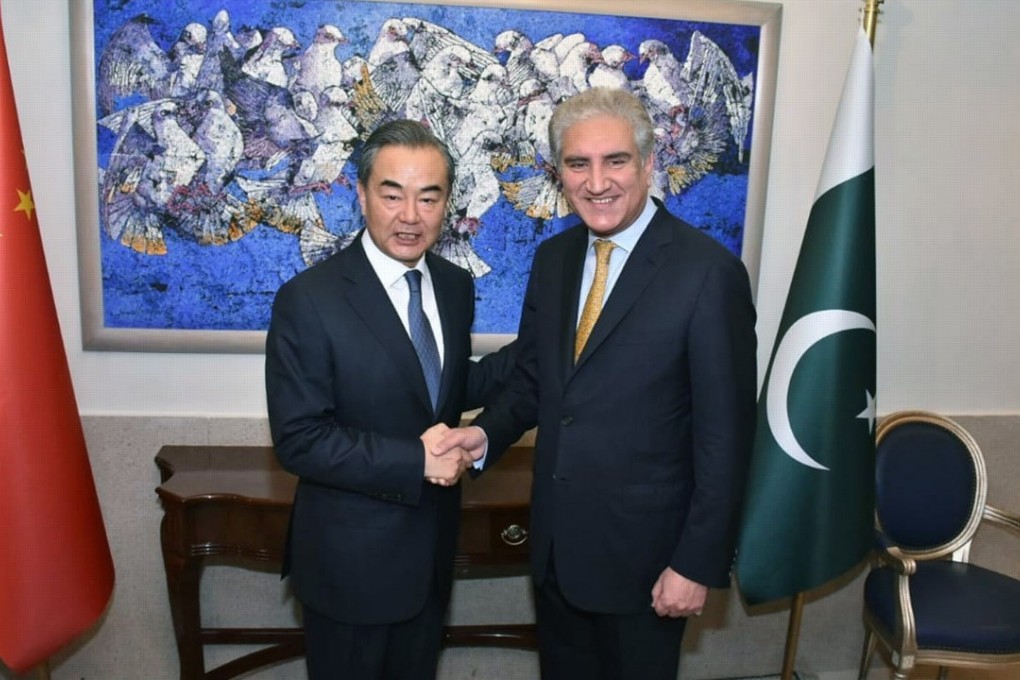China, Pakistan can resolve investment problems, but ‘belt and road’ concerns should not be ignored, experts say
Islamabad’s new leaders tell China’s visiting foreign minister they want to review US$62 billion China-Pakistan Economic Corridor

China should be more aware of the risks associated with its “Belt and Road Initiative” and how it affects local communities overseas, observers said after Pakistan, which is home to the ambitious plan’s largest projects, expressed concerns about some elements of the deal.
While the new leaders of the South Asian nation, President Arif Alvi and Prime Minister Imran Khan, on Sunday reconfirmed their commitment to the China-Pakistan Economic Corridor (CPEC), local officials reportedly told visiting Chinese Foreign Minister Wang Yi that they also planned to review or renegotiate some of the agreements under the US$62 billion deal.
Wang, who completed a three-day visit to Pakistan on Sunday, responded by saying at a joint press conference with Pakistani Foreign Minister Shah Mahmood Qureshi, that the CPEC plan had “not inflicted a debt burden on Pakistan”, while China’s foreign ministry spokesman Geng Shuang said on Monday that the two countries were still in talks on the future development of the CPEC.
Before his election victory last month, Khan was a strong critic of his predecessor’s handling of Chinese investments. Experts said, however, that his past criticism was mainly related to domestic politics, and predicted the former cricketer would continue to support the CPEC as it had helped fund Pakistan’s development and boost its economic growth to nearly 6 per cent.
Wang Dehua, a South Asian expert at the Shanghai Municipal Centre for International Studies, said Khan’s current concerns mostly related to how the money was being allocated.
“There were problems that the projects and investment were not equally distributed among provinces and regions to benefit more people, so Khan and his party will demand some changes,” he said.
Sun Shihai, a specialist in South Asian affairs at the Chinese Academy of Social Sciences, said that even if some projects within the CPEC did need to be changed or redesigned, it would not affect the overall programme or the China-Pakistan relationship, and could be resolved through friendly negotiation.
“But China should also learn a lesson, that they should take into consideration the needs of locals, their internal politics, and the debt paying ability when promoting the BRI [Belt and Road Initiative],” he said.
